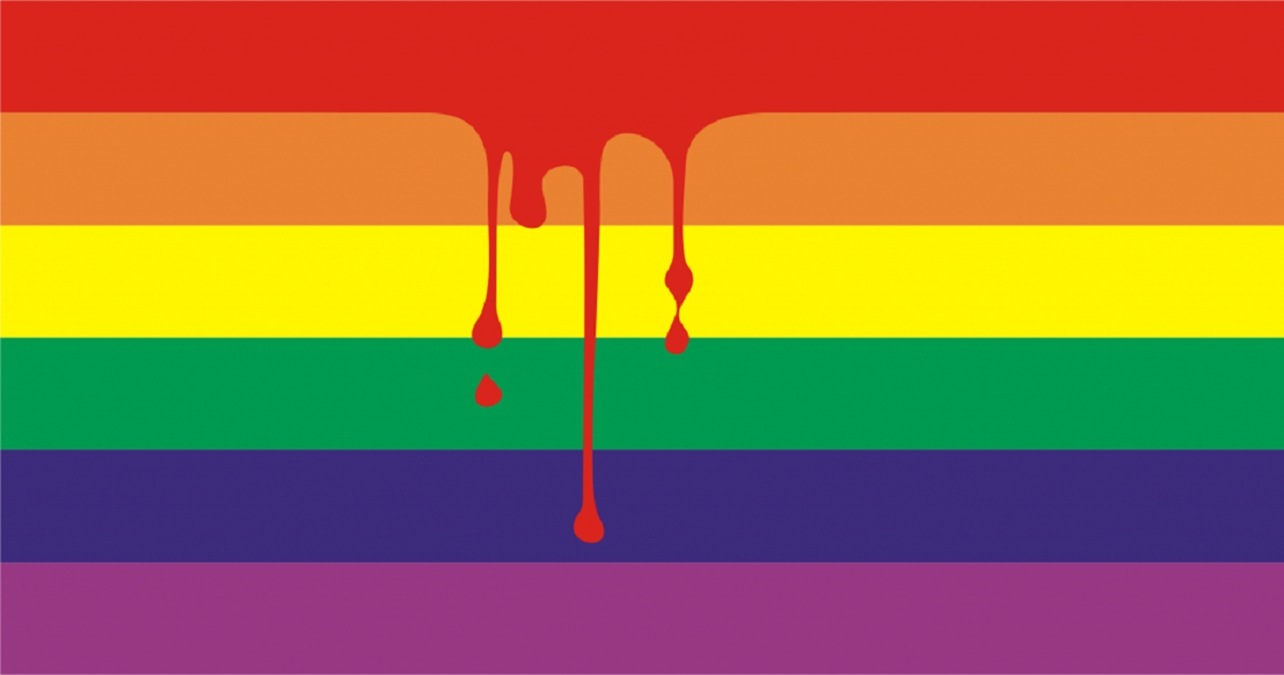RIO DE JANEIRO, BRAZIL – In the first half of this year, 89 transgender people were murdered in Brazil, 39 percent more than the same period in 2019, according to the National Association of Transvestites and Transsexuals (ANTRA).

For the association, the numbers expose how the omission of government authorities has contributed to placing them at the center of a broad context of vulnerability, which now includes the impact of the Covid-19 pandemic.
“The data do not accurately reflect the reality of transphobic violence in our country, since our working methodology has limitations in grasping only that which somehow becomes visible. It is likely that the actual numbers are far higher. Despite these limitations, the data show that Brazil has been experiencing an upsurge in the way it deals with transvestites, transsexual women, transgendered men, transmasculine people, and other trans people.”
“This reinforces the relevance of our monitoring work, political incidence, and denunciations to international bodies,” writes ANTRA, which adds that, in an attempt to fill a gap left by the National Congress, the Supreme Court ruled in June 2019 to address cases of transphobia based on Law No. 7,716/1989, which classifies as heinous the crimes of race and color prejudice.
In a note, when commenting on the homicides, ANTRA mentioned answers obtained in interviews conducted for the TransAção project, which supports transvestites and transgender women in Rio de Janeiro, in order to illustrate the extent of this group’s vulnerability.
The majority (87.3 percent) of the women interviewed pointed out that one of their main needs was to get a job that would ensure their livelihood. In addition, 58.6 percent declared that they belonged to the risk group of Covid-19, and 94.8 percent said that they had suffered some type of violence based on discrimination due to their gender identity.
Still according to the association, it is estimated that some 60 percent of the trans population were unable to access the emergency aid granted by the federal government or a similar benefit. A disturbing situation is therefore drawn, considering that 29.3 percent of TransAção participants claimed to survive with an average monthly income of up to R$200 (US$40); 39.7 percent with an income between R$200 and R$500; 27.6 percent with up to one minimum wage (R$ 1,045) and 3.4 percent with an income between R$1,045 and R$3,135.
None of them declared they earned more than three minimum wages per month. In other words, even when they have an income source, the amount is predominantly low, which leads part of them to seek help from relatives, who in some cases subject them to violence within their own home.
In the release, ANTRA also stresses that there are no wide-ranging surveys to date on the hardships faced by the LGBTI+ community (lesbians, gays, bisexuals, transsexuals, intersexuals, and others) during the health crisis, generated by the initiative of the different spheres of government.
For the United Nations (UN), LGBTI+ are among the most exposed population groups to the pandemic, which is why specific social protection policies should be demanded of governments.
Source: Agência Brasil

